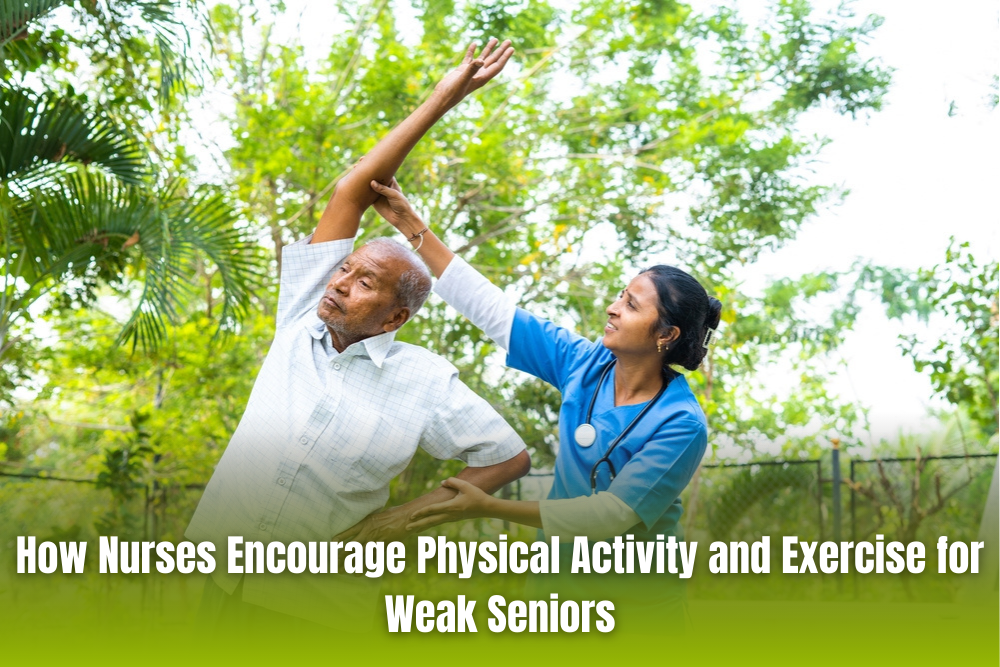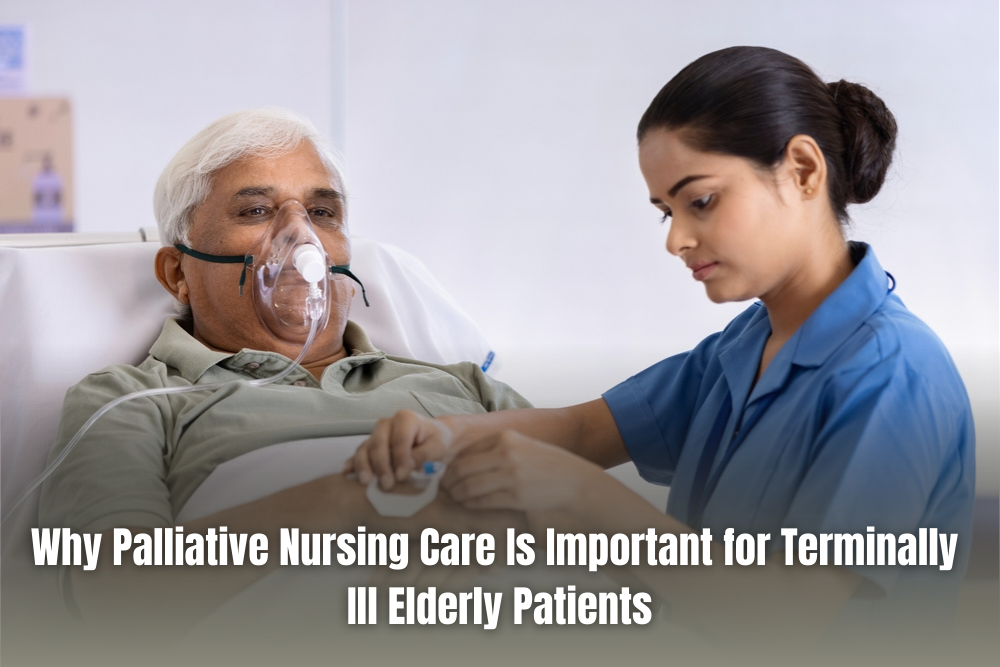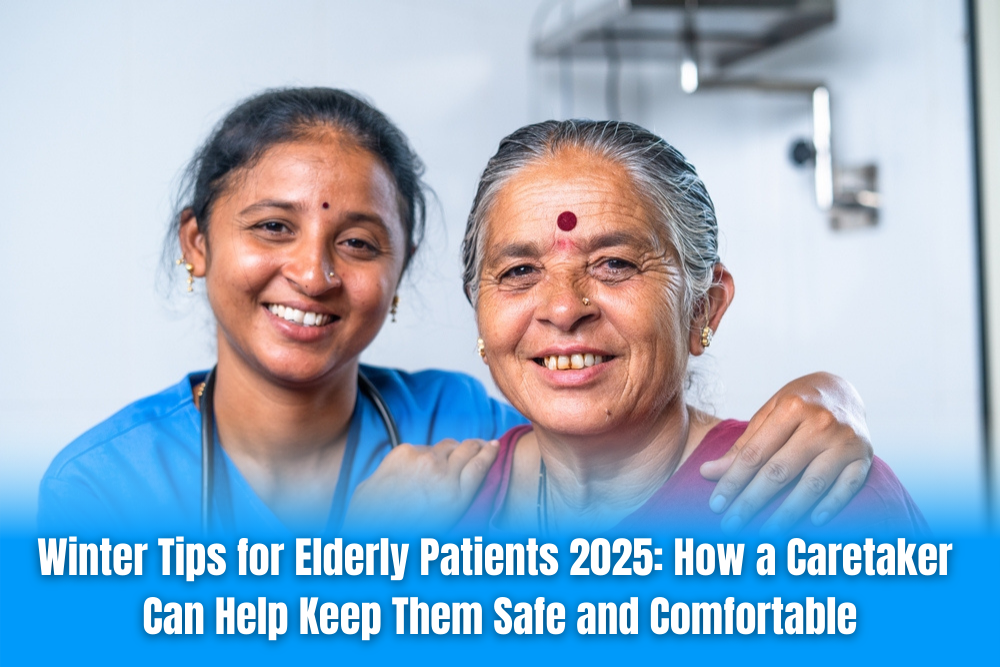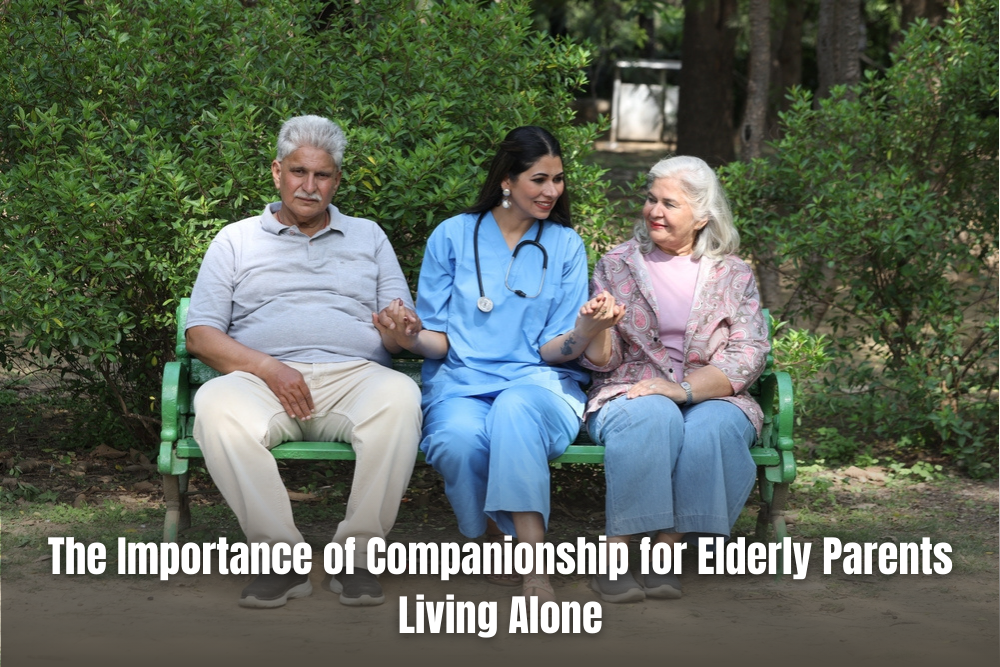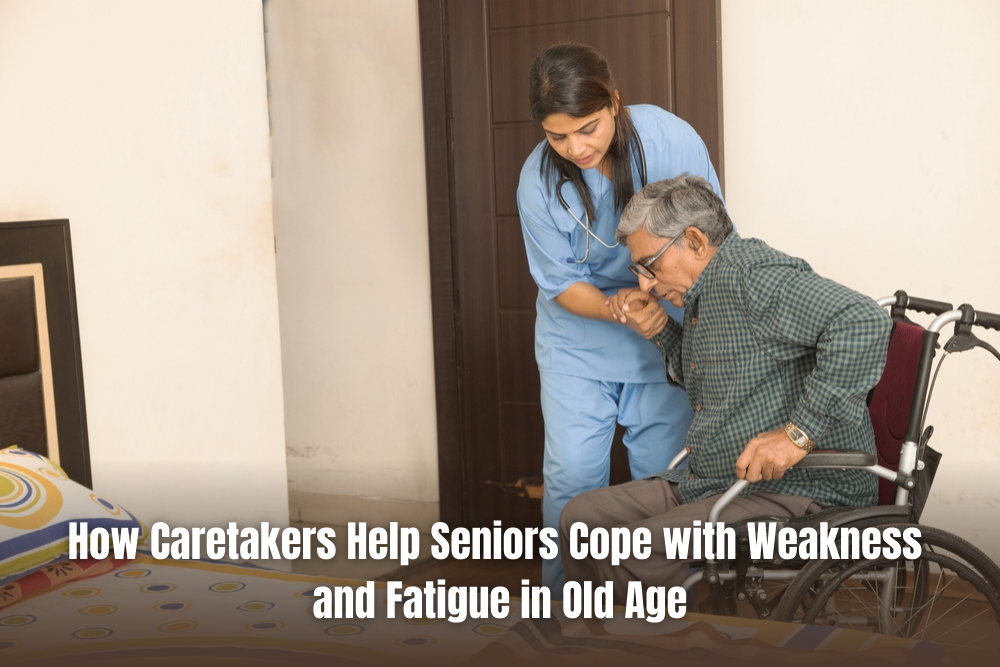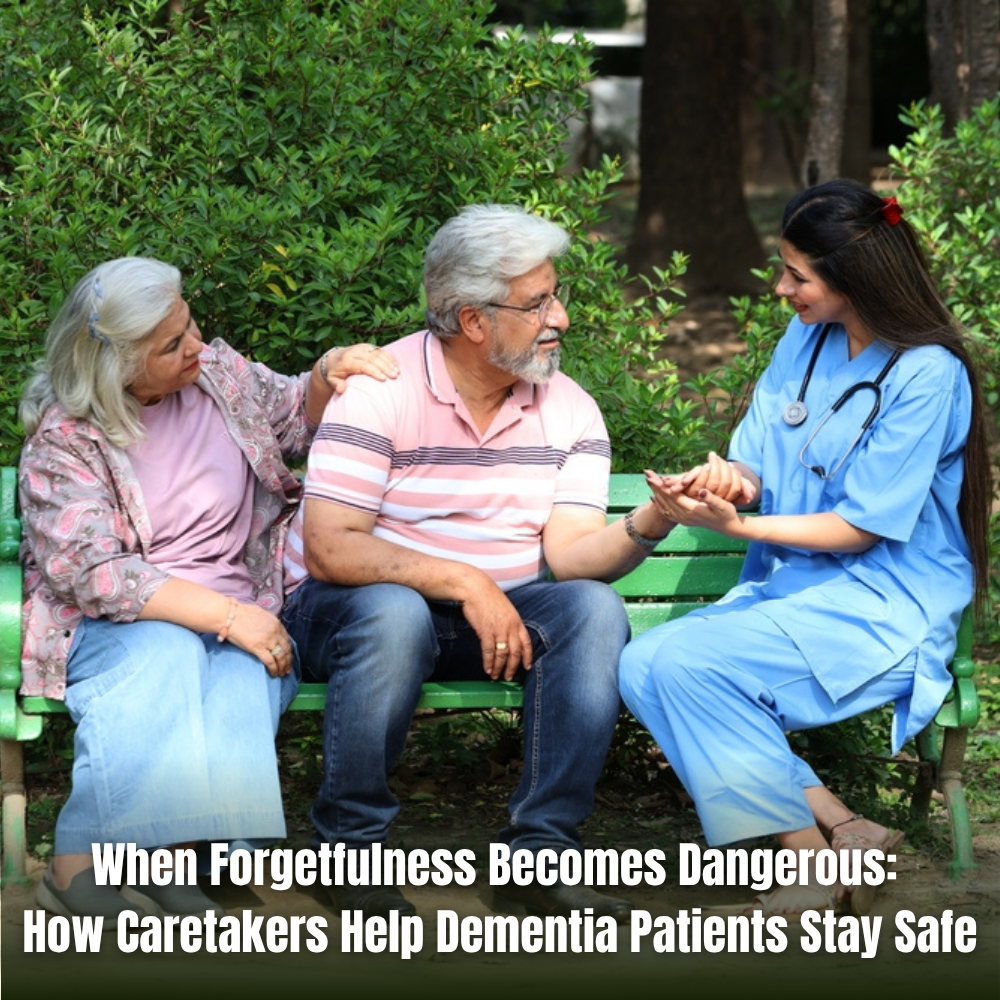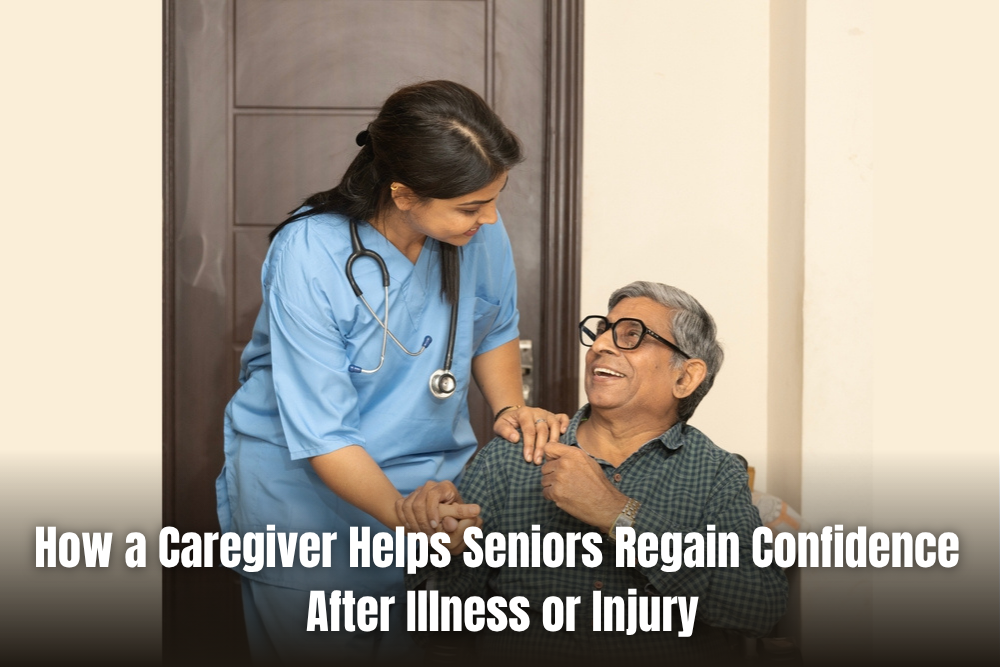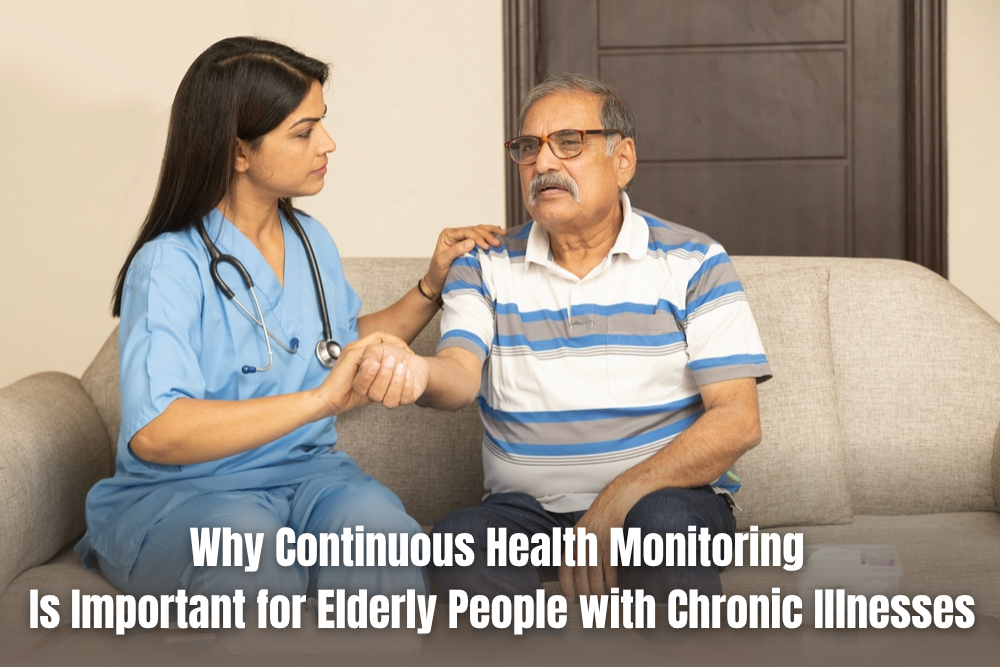As parents grow older, weakness, low energy, and fear of movement become very common. After illness, surgery, or long periods of rest, many seniors avoid physical activity because they are scared of pain, falling, or getting tired. Over time, this lack of movement can make their weakness even worse.
This is where a trained nurse plays a very important role. Nurses don’t force seniors to exercise. Instead, they encourage safe, gentle movement, step by step, helping seniors slowly regain strength, balance, and confidence.
In this article, you’ll understand how nurses motivate weak seniors to stay active and why this makes a big difference in their recovery and quality of life.
Why Physical Activity Is Important for Weak Seniors
Even light movement helps elderly people in many ways:
- Improves blood circulation
- Reduces stiffness and joint pain
- Prevents muscle loss
- Improves balance and reduces fall risk
- Boosts appetite and digestion
- Improves mood and sleep
- Helps seniors feel more independent
Without regular movement, seniors can quickly become bedridden, which leads to more health problems.
Why Seniors Avoid Exercise
Many elderly parents stop moving because of:
- Fear of falling
- Pain in joints or muscles
- Breathlessness
- Weakness after illness or surgery
- Low confidence
- Depression or lack of motivation
A nurse understands these fears and works gently to overcome them.
How Nurses Encourage Physical Activity Safely
1. Assessing the Senior’s Condition
Before starting any activity, nurses check:
- Strength and balance
- Breathing ability
- Pain levels
- Doctor’s advice and limitations
This ensures exercises are safe and suitable, not harmful.
2. Starting with Very Small Movements
Nurses begin with simple actions such as:
- Sitting up in bed
- Moving hands and feet
- Gentle leg lifts
- Turning from one side to another
These small movements slowly build confidence.
3. Encouraging Bed and Chair Exercises
For very weak seniors, nurses guide:
- Ankle and knee movements
- Arm stretches
- Shoulder rolls
- Sitting balance exercises
These exercises prevent stiffness and bedsores.
4. Supporting Walking and Standing
When the senior is ready, nurses:
- Help them stand safely
- Use walkers or support belts
- Walk with them inside the house
- Ensure proper posture and breathing
This reduces fall risk and builds leg strength.
5. Motivating Without Pressure
A good nurse motivates with:
- Kind words and reassurance
- Celebrating small progress
- Encouraging independence
- Never scolding or rushing
This emotional encouragement is key to long-term improvement.
6. Coordinating with Physiotherapy
If a doctor or physiotherapist has given an exercise plan, nurses:
- Help seniors follow it daily
- Ensure correct posture
- Prevent overexertion
- Report progress to the family or doctor
7. Monitoring Health During Activity
While encouraging movement, nurses keep an eye on:
- Blood pressure
- Oxygen levels
- Breathlessness
- Fatigue or dizziness
This makes exercise safe and controlled, especially for heart or lung patients.
Benefits for Families
When a nurse helps with physical activity:
- Families worry less about falls
- Seniors recover faster
- Hospital readmissions reduce
- Parents become more confident
- Daily routines become smoother
Families feel relieved knowing their parent is moving safely under professional supervision.
Shree Swami Samarth Patients Seva: Supporting Elderly Recovery at Home
At Shree Swami Samarth Patients Seva (www.sssps.in), our trained nurses specialize in helping weak seniors regain strength after illness, surgery, or long bed rest.
Our nurses:
- Encourage safe daily movement
- Assist with walking and exercises
- Monitor vitals during activity
- Provide emotional motivation
- Help seniors regain independence step by step
We believe recovery is not about rushing. It’s about gentle, consistent care.
FAQs
Q1: Is exercise safe for very weak seniors?
Yes, when guided by a trained nurse, even small movements are safe and helpful.
Q2: How often should seniors exercise?
Light activity once or twice daily is ideal, depending on the doctor’s advice.
Q3: Can nurses help after surgery or fracture?
Yes, nurses assist with doctor-approved movements and post-surgery mobility.
Q4: What if my parent refuses to move?
Nurses build trust slowly and motivate with patience, not force.
Conclusion
Weakness in old age does not mean giving up on movement. With the right guidance, encouragement, and care, seniors can regain strength, balance, and confidence.
A trained nurse plays a crucial role in making physical activity safe, gentle, and effective — helping elderly parents live more active and dignified lives.
At Shree Swami Samarth Patients Seva, we’re here to support your loved ones every step of the way.


